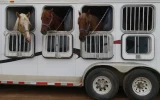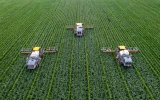How Do I Find Out If My Land Has a CPH Number?
Keeping livestock on your agricultural land will require you to acquire a CPH number for the local authorities to identify and track your location in case of disease outbreaks. If you just acquired land and would like to know its CPH number in case you plan to add other livestock animals or update it for changes in the details of your land, you came to the right article.
To find out the County Parish Holding (CPH) number of your land, send an email directly to the Rural Payments Agency (RPA) at ruralpayments@defra.gov.uk or contact them via phone at 03000 200 301. The RPA can give the CPH number of a specific address in question, but not the CPH number applied by a specific person.
If, in fact, you find out that your land does not have a CPH number and you want to register it for one, we’ll also share some details on how you can apply for a CPH number as you keep reading below.
Summary
- The Rural Payments Agency (RPA) is the agency responsible for issuing County Parish Holding (CPH) numbers, while the Animal and Plant Health Agency is responsible for approval as a livestock keeper and issues herd or flock numbers.
- To find out your land's CPH number, you may email RPA at ruralpayments@defra.gov.uk or contact them via phone at 03000 200 301.
- If your land does not have an existing CPH number, an application form must be sent to RPA, and approval and issuance will be within 10 working days.
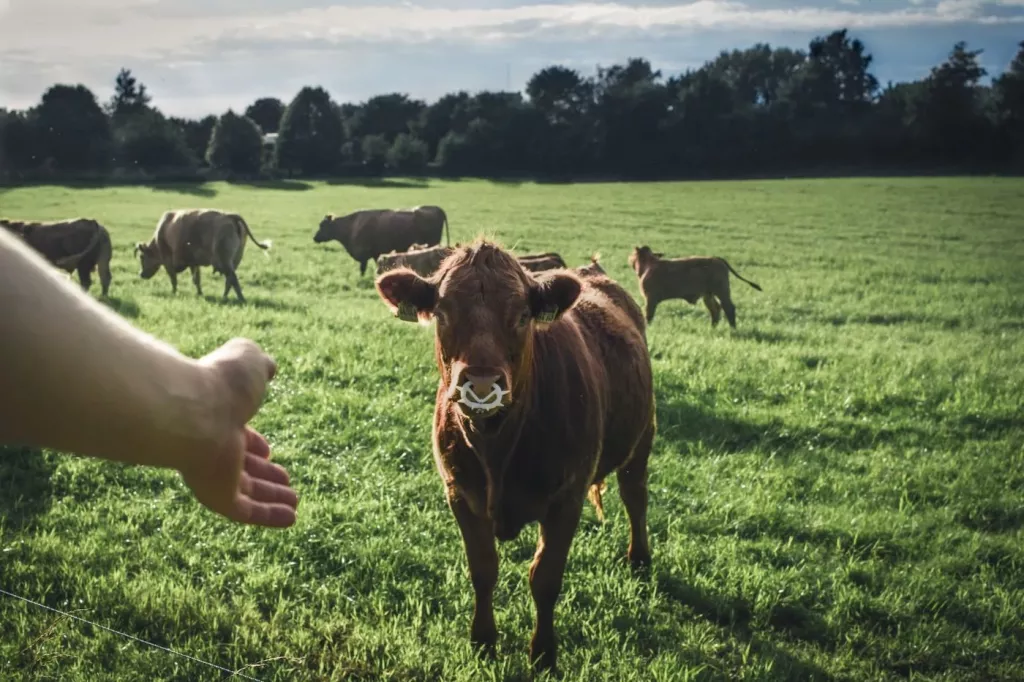
On this page:
Here's How to Find Out If Your Land Has CPH Number
Before we share details on how to find out if your land has a CPH number, it’s best to first clarify what a CPH number is. A CPH number, also known as the County Parish Holding number, is an agricultural holding number that is designated for the identification and tracing of land that holds livestock. It is a 9-digit number where the first two digits stand for the county, the next three digits refer to the parish, and the last four digits are unique for the holding.
Keeping the following livestock on your land will require you to apply for a CPH number:
cattle, bison, and buffalo (bovine animals)
- pigs
- goats
- sheep
- deer
- poultry (if you keep 50 or more birds)
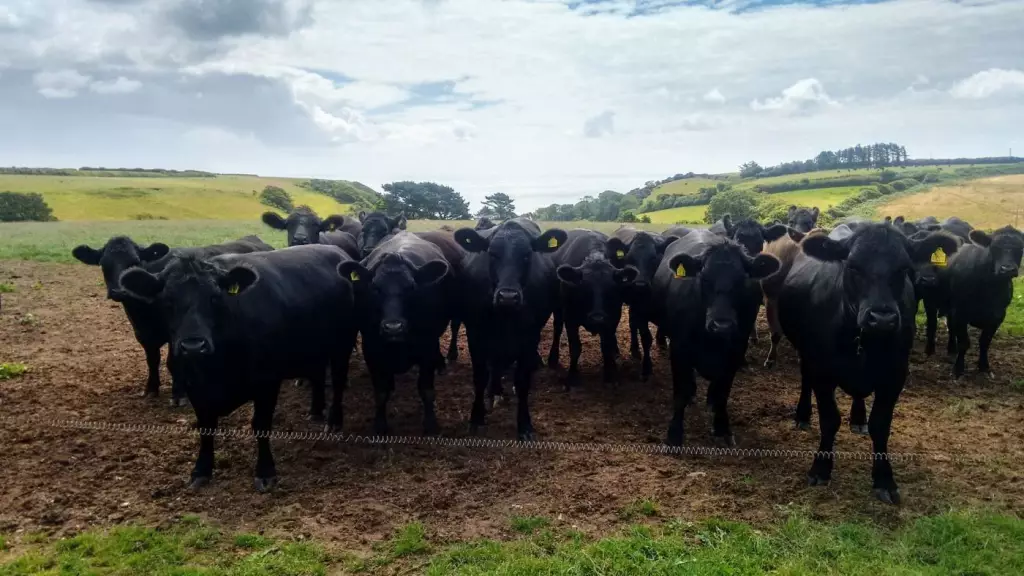
If the land you recently purchased has a history of keeping any of the above-mentioned livestock animals, then a CPH number must be present.
The landowner must be able to provide you with the CPH number of the land being sold. Otherwise, you may acquire the existing CPH number through a direct request from the Rural Payments Agency, which issues CPH numbers for agricultural lands. You may either contact them through the following details:
Rural Payments Agency (RPA)
- Email: ruralpayments@defra.gov.uk
- Telephone (Defra rural services helpline): 03000 200 301
Take note, however, that when asking for the CPH number of agricultural land from the Rural Payments Agency, the best detail to provide is the specific address of the holding.
Providing the name of the farm and its location is sufficient information for RPA to research its records. Providing the name of the person who applied for the CPH number or just the name of the farm to get the CPH number of the land may potentially be refused by the RPA since such information is considered personal data under the General Data Protection Regulations (GDPR) and Data Protection Act.
Applying For a CPH Number If Your Land Does Not Have One
After checking with the Rural Payments Agency, if you find out your land does not have a CPH number, don’t fret because you are still allowed to apply for one, especially if you’re vying to keep livestock. A few considerations to take note of before applying for a CPH number are the following:
- Even if you don’t own the land and are just renting it for a short period of time to keep your livestock, you will still be required to apply for a CPH number, especially if the landowner does not allow you to use the existing CPH number. You may apply for a temporary CPH number using this form and submit it to the Animal and Plant Health Agency (APHA) instead of the RPA.
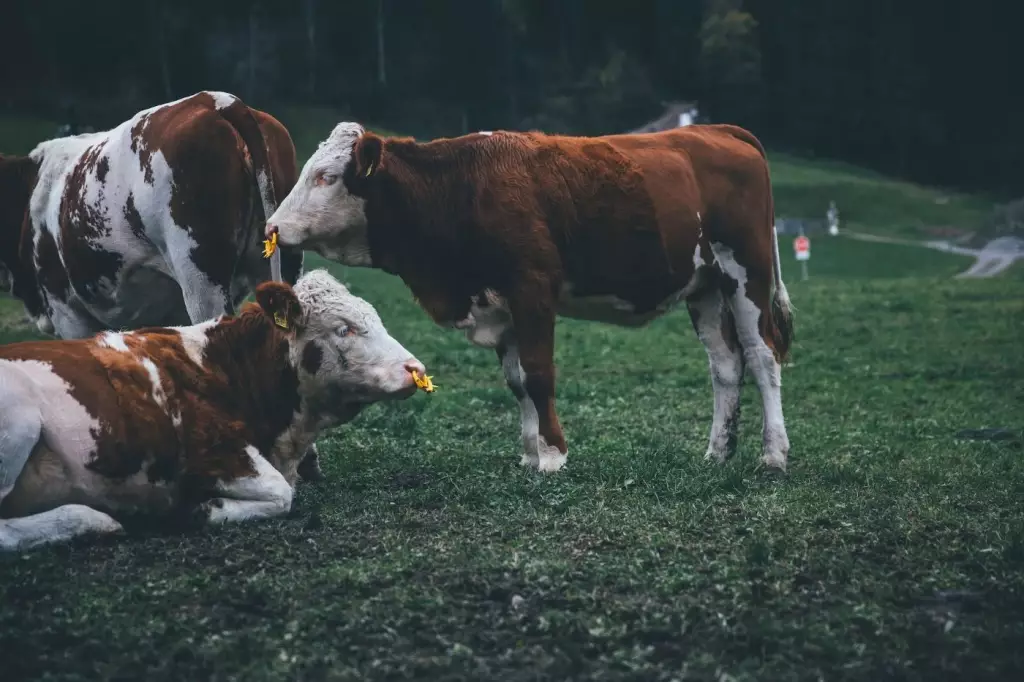
-
The land covered by the CPH number should not be more than a 10-mile radius from the main business place. If livestock is kept on land outside of this 10-mile radius, a separate holding number is required in relation to that land.
-
Different countries in the United Kingdom have different means of acquiring a CPH number, and you can find them here.
-
The Rural Payments Agency (RPA) is the executive agency of the Department for Environment, Food, and Rural Affairs (Defra) allowed to issue CPH numbers for agricultural lands. It’s easy to apply for a CPH number from the RPA, and the good news is that there are no charges.
When applying for a CPH number at the Rural Payments Agency, you may be asked to provide personal information as well as information about the land and what kind of livestock animals, and how many of them you intend to keep. The RPA aims to issue CPH numbers within 10 working days from the requested date via their new form.
The last step in applying for a CPH number involves calling or emailing the Animal and Plant Health Agency (APHA) to inform them of your newly acquired CPH number. The APHA will be the one to register you as a livestock keeper and will send you a flock or herd mark that you can use to identify animals born in your holding. Contacting the APHA should be done before you move all your livestock animals into your holding.
Updating Your CPH Details for Changes in Your Land
Should there be any remarkable changes in your land, you must inform the Rural Payments Agency about the changes as soon as possible within 30 days. Consider updating your CPH details if any of the following changes happen:
- If you plan to take on new buildings or new portions of land permanently (which you need to add to your existing CPH number or apply for a new one)
- If you opt to give up land or buildings
- If you change your holding address
- If you intend to switch to other livestock species other than what you’re currently keeping
If you plan to close your CPH number, you must also inform the RPA of such a decision using the following details:
Defra rural services helpline
Telephone: 03000 200 301
Monday to Friday, 8:30am to 5pm
For accessibility issues with phone calls, you may just email RPA at ruralpayments@defra.gov.uk and use “CPH number update” as the subject line.
Note that when changing the species of livestock you are keeping, you must also contact the Animal and Plant Health Agency using the helpline above or email them at customer.registration@apha.gov.uk.

